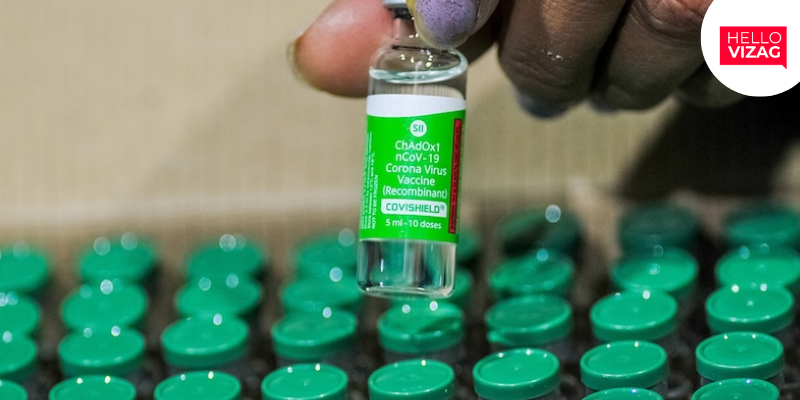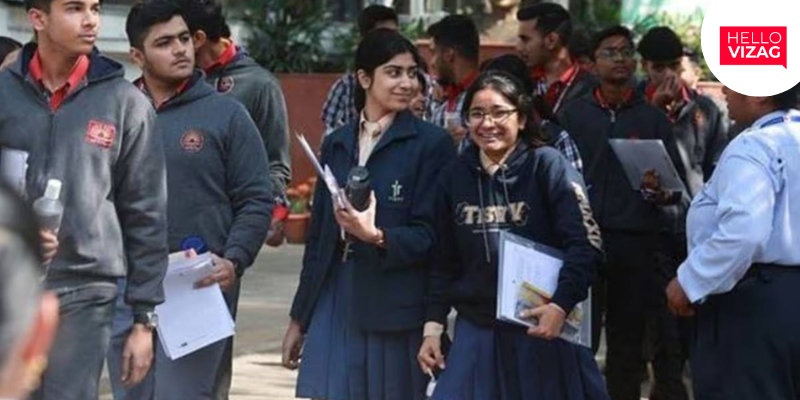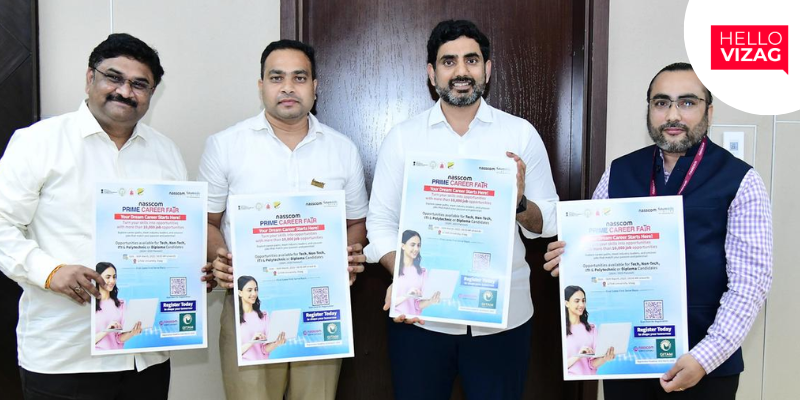Understanding Covishield: AstraZeneca's Response to Rare Blood Clot Concerns
In recent developments, AstraZeneca, the manufacturer of Covishield, has acknowledged the potential for rare cases of blood clot formation associated with its COVID-19 vaccine.
What does this revelation entail, and what implications does it have for individuals who have received the vaccine?
AstraZeneca's admission follows emerging concerns regarding Thrombosis with Thrombocytopenia Syndrome (TTS), characterized by decreased platelet levels and the development of blood clots.
This acknowledgment underscores the significance of understanding the nuances surrounding vaccine safety.
The formulation of AstraZeneca's AZD1222 vaccine, produced under license in India as Covishield, has been linked to rare instances of low platelet counts and blood clot formation, according to the pharmaceutical giant.
The recognition of a potential association between the vaccine and TTS highlights the need for heightened vigilance and transparency in vaccine discourse.
The origins of this revelation lie in legal proceedings initiated against AstraZeneca in the United Kingdom.
The lawsuit, stemming from health concerns related to the vaccine, prompted AstraZeneca to address the issue of TTS in court documents. While the company denied a generic causation between the vaccine and TTS, it conceded the possibility of TTS occurrence in very rare cases following vaccination.
Symptoms associated with TTS encompass a spectrum of manifestations, including chest or limb pain, skin bruising beyond the injection site, and neurological symptoms such as headaches and numbness.
Understanding these symptoms is crucial for early detection and intervention in suspected cases of TTS.
The emergence of these concerns underscores the importance of ongoing surveillance and evaluation of vaccine safety.
While previous reports had hinted at a potential link between AstraZeneca's vaccine and TTS, this marks the first time the company has officially acknowledged the association.
In response to these developments, questions may arise regarding the safety profile of Covishield and its implications for individuals who have received the vaccine.
It's essential to contextualize these concerns within the broader landscape of vaccine safety and efficacy, considering the tremendous benefits vaccines offer in mitigating the impact of COVID-19.
In India, where Covishield has been a cornerstone of the vaccination campaign, reports of potential thromboembolic events have been scrutinized.
However, health authorities have emphasized the rarity of such occurrences, underscoring the vaccine's overall positive benefit-risk profile.
Furthermore, distinctions between Covishield and other vaccines, such as Covaxin, highlight the complexity of vaccine safety assessments.
Understanding regional variations in vaccine responses and risk profiles contributes to a more nuanced approach to vaccination strategies.
As the scientific community continues to grapple with evolving data and insights into vaccine safety, efforts to enhance surveillance and communication remain paramount.
AstraZeneca's acknowledgment of rare blood clot concerns underscores the importance of transparency and collaboration in safeguarding public health amidst the ongoing fight against COVID-19.
For More Updates: Follow Us https://www.instagram.com/hellovizag.in/
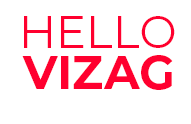
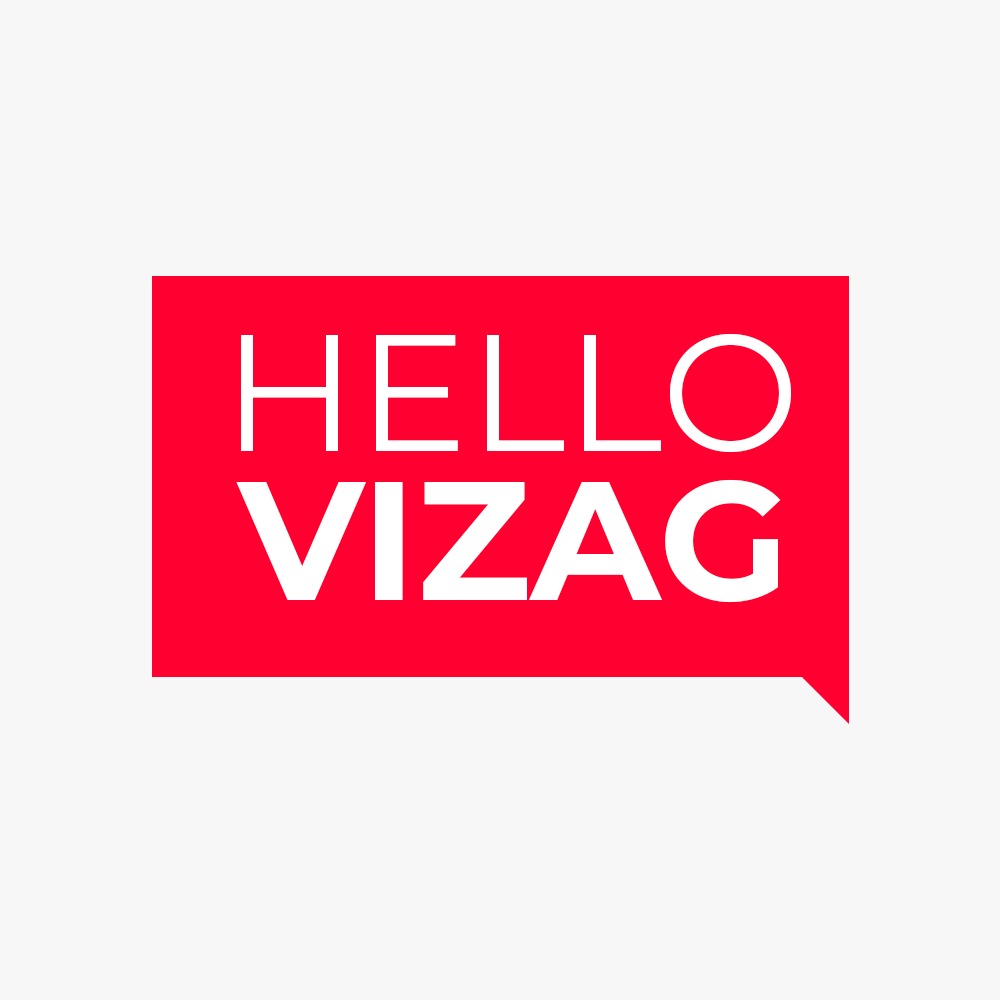 Team Hello Vizag
Team Hello Vizag
